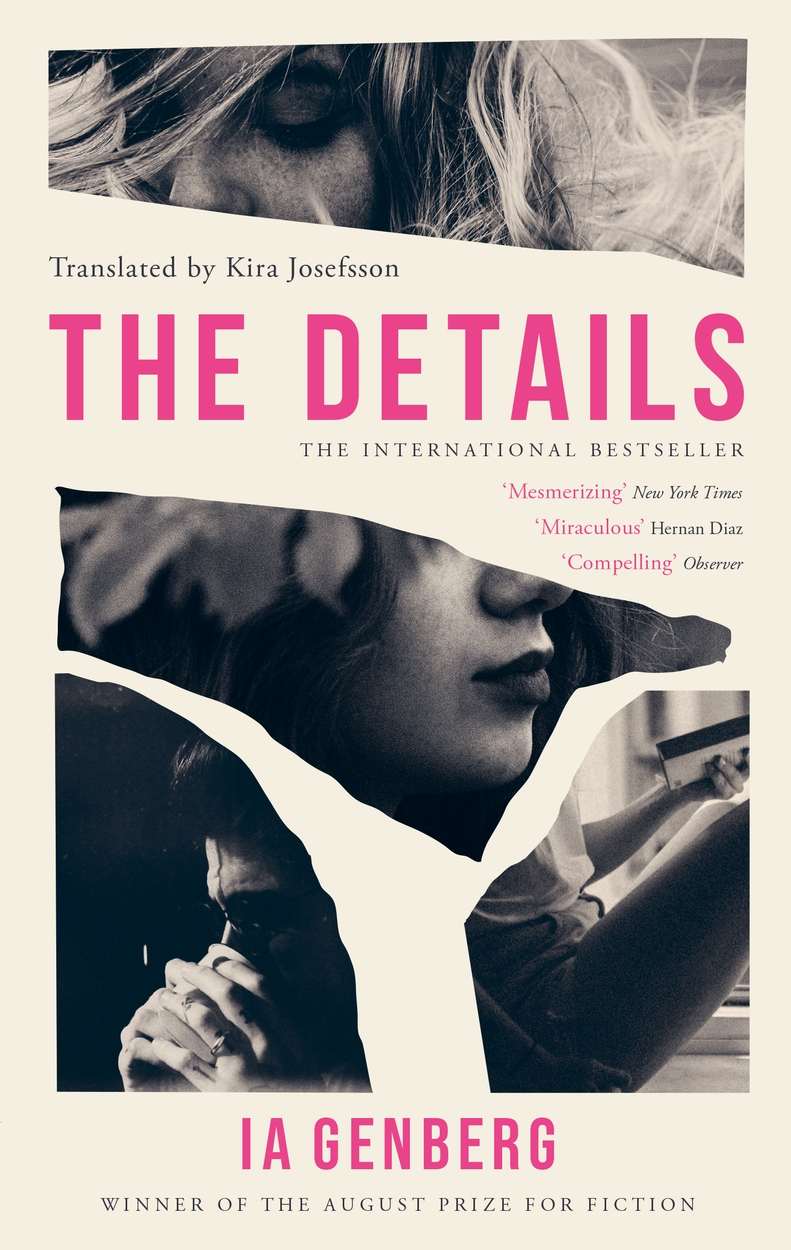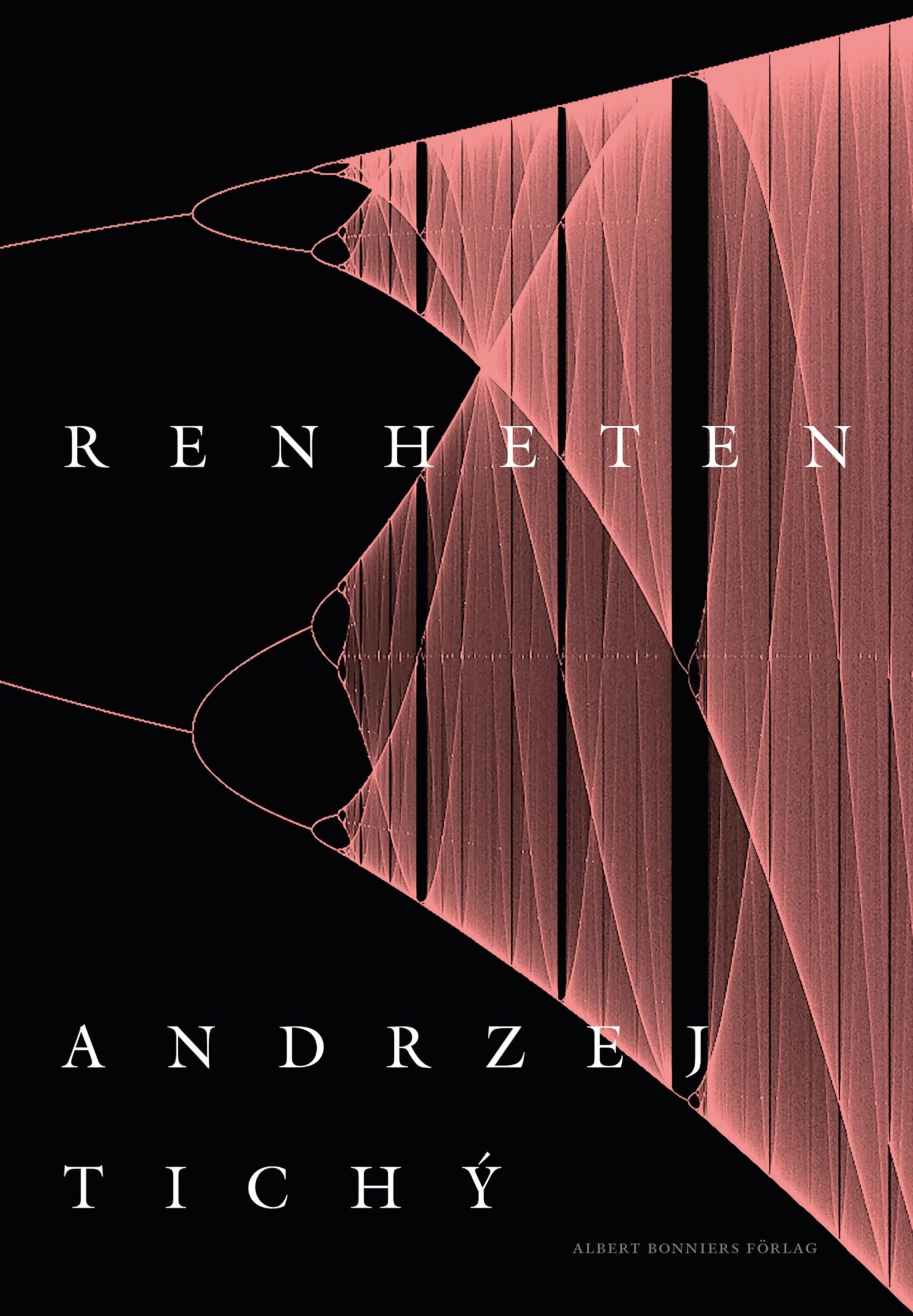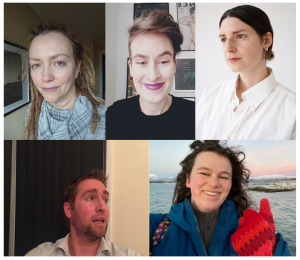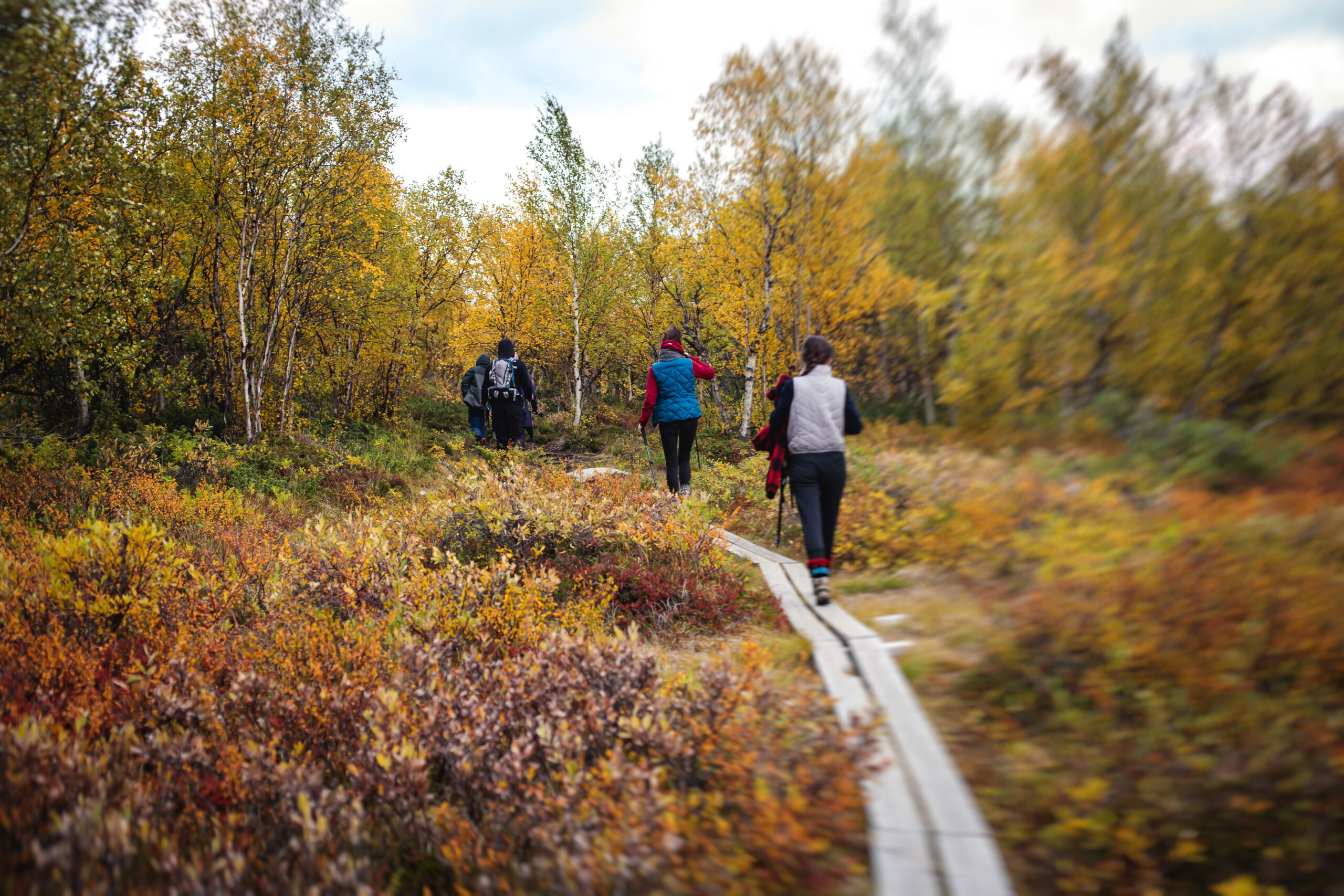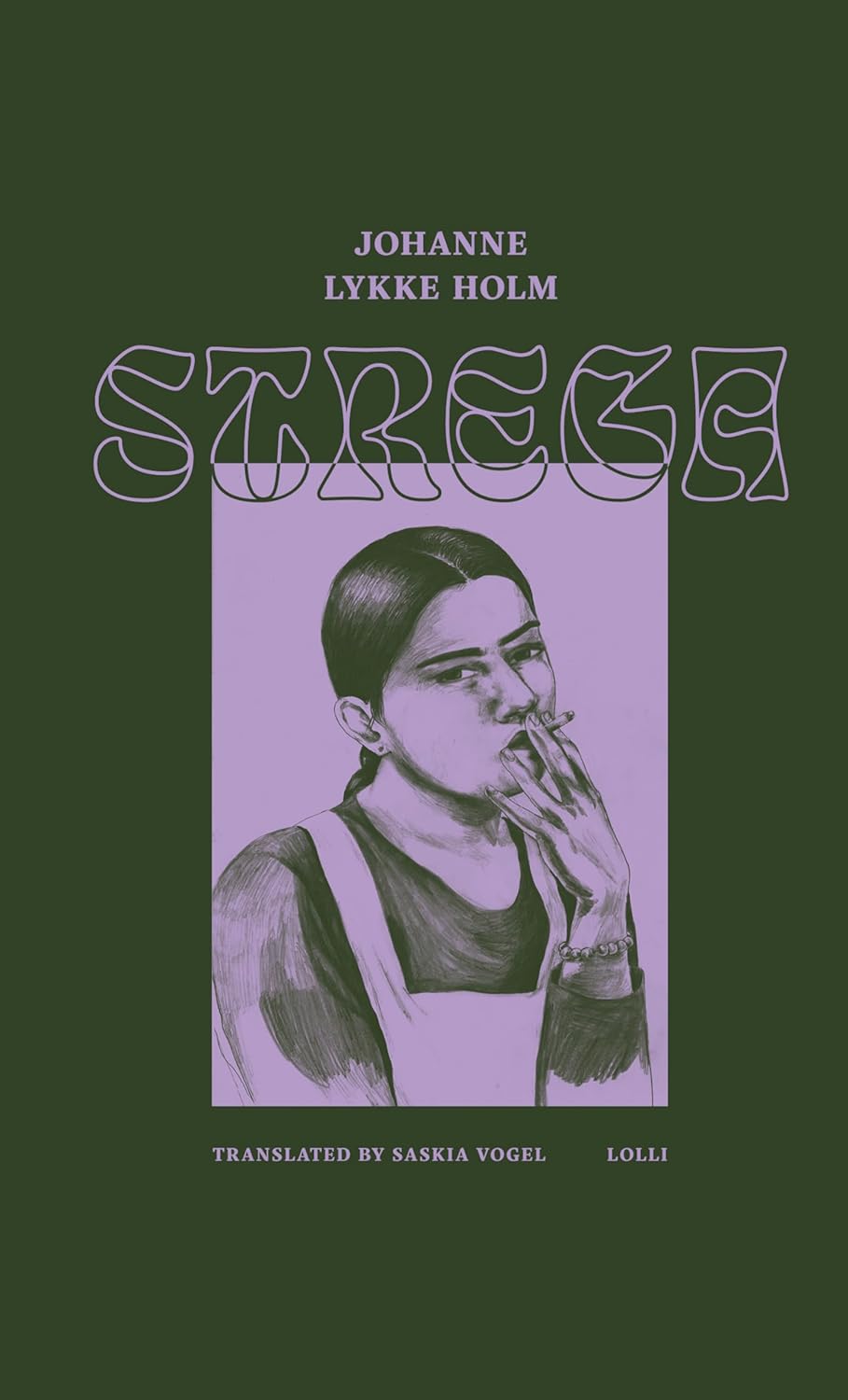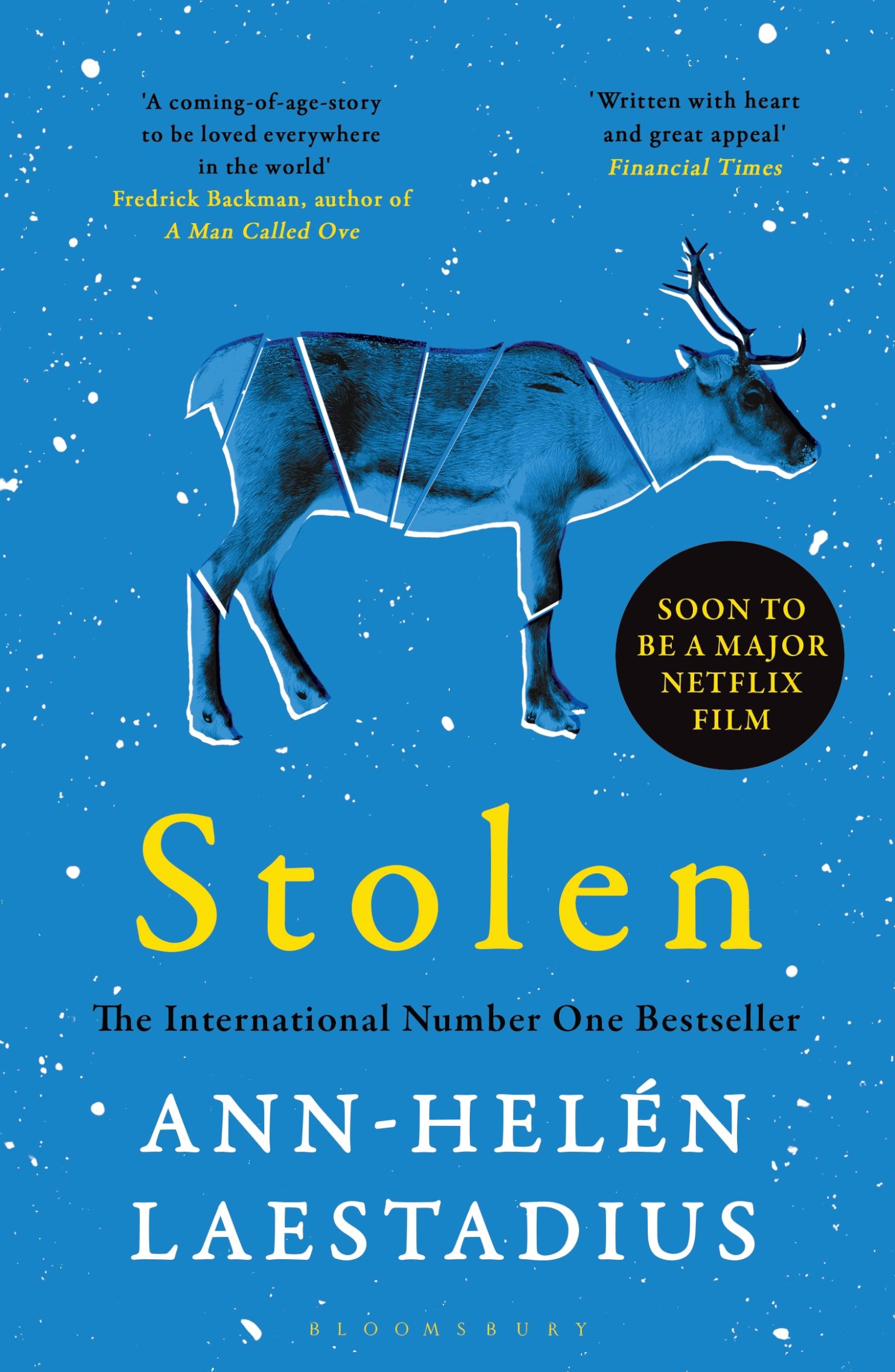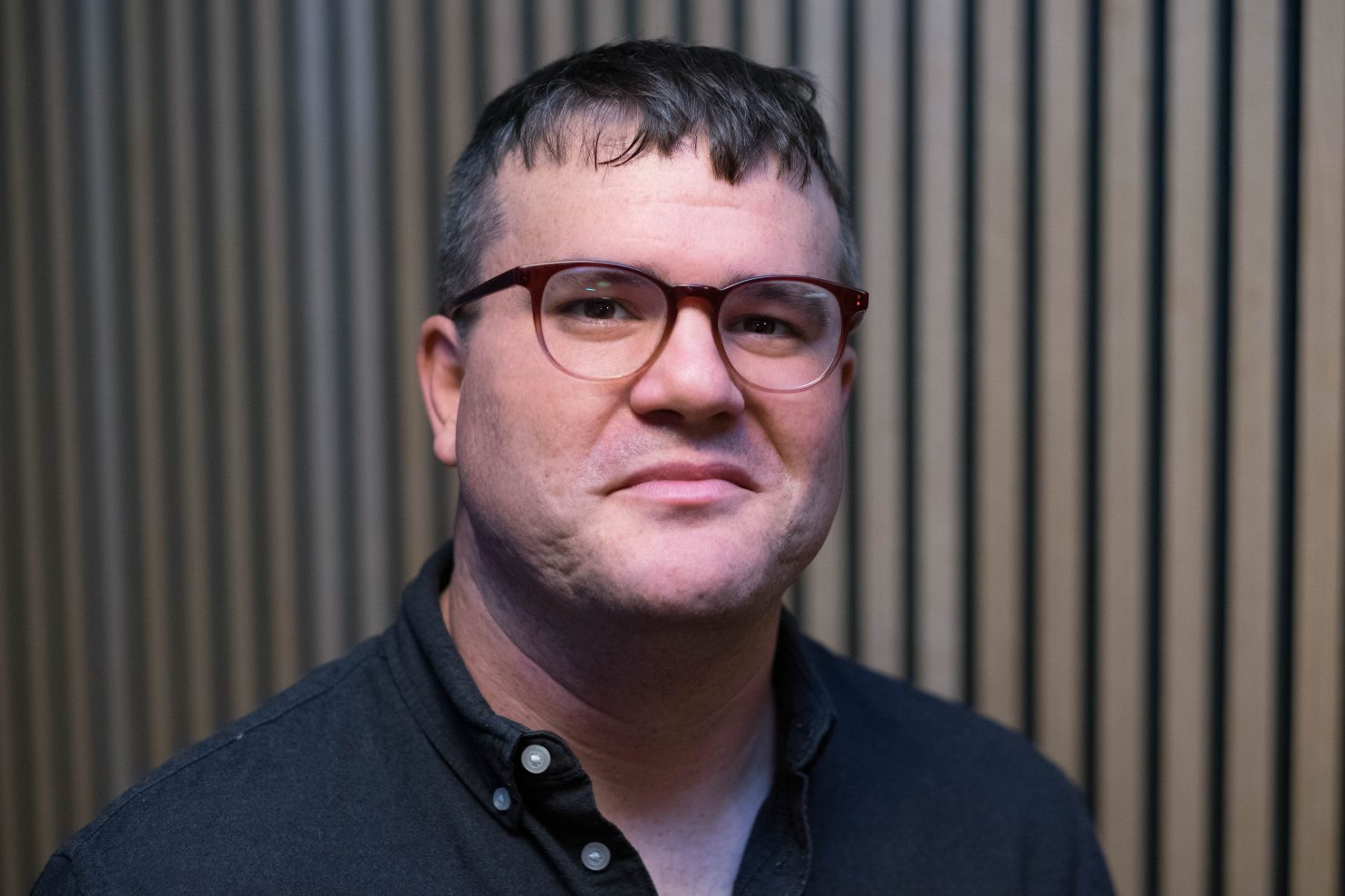November 2023 saw the British Centre of Literary Translation (BCLT) host an advanced translation workshop for Danish, Norwegian and Swedish to English literary translators. Running online for three days and made possible thanks to the generous support of the Danish Arts Foundation, NORLA and the Swedish Arts Council, the workshop came into being thanks to a small group of dedicated translators, including SELTA Chair Ian Giles.
The event set out to bring together participants from the three Scandinavian language groups throughout, as well as incorporating three parallel workshop strands for each language. There were also plenary events and networking opportunities to explore the similarities and differences experienced when working as literary translators with Scandinavian languages. Each group was led by a translator facilitator and joined by an editor with little to no knowledge of the source language. To cap it all, three online, industry-focused public sessions also took place alongside the workshops covering Trends, Challenges and Perspectives in publishing, translating genre and the infrequently-discussed topic of how to translate works that aren’t really your cup of tea. SELTA’s Sarah Death even shared a virtual afternoon tea with with TA Committee Co-Chair Vineet Lal to discuss her work and career.
A number of SELTA members took part in the translation workshop and have shared their reflections and impressions below. Hopefully these will serve as an insight into a successful and stimulating event, and whet the appetite for future endeavours.
Image from the BCLT.
Jane Davis
As a recent member of SELTA, I hadn’t much interacted with other Scandinavian translators and so I didn’t really know what to expect from the BCLT’s online Advanced Scandinavian Literary Translation Workshop. And when I saw the intense schedule – up to 7 hours of Zoom sessions on each of the three days – I rather regretted signing up at all. But a brisk, informative and entertaining welcoming presentation from Guy Puzey on the interrelationships and miscomprehensions between the three main Scandinavian languages set the tone for what was to come. High-level, challenging, but extremely enjoyable sessions flashed past as we switched from language groups to mixed groups (mine led by the wonderful Paul Russell Garrett, who started every session with slightly terrifying warm-up exercises borrowed from the theatre world) to general sessions and broadcast webinars. Three editors had also been invited to participate, and they watched in surprise and interest as we argued over nuances and teased out meanings – and then almost always said “You could have moved even further from the source than that”.
We had a virtual pub night and I reflected – not for the first time – that it had been a particularly unfortunate coincidence that I had chosen that week to give up not only alcohol and chocolate but also to restrict myself to a mere two cups of tea or coffee per day.
But what did I learn from the workshop? Well, a few practical things that I can already tell will be worth their weight in gold as I approach future translations:
– If you’re struggling to understand a text written in one of the other languages, read it aloud as though it was your working language. This really helps with comprehension – listening to Ian Giles reading Danish with a Swedish accent was the first time I had ever understood the spoken language without subtitles.
– Make your first draft very rough. This was a technique that proved very successful in my mini-Swedish group because it prevented us from getting bogged down in the details before we had an overview of where the text was going.
– Be more editorial. As the editors kept saying, translators tend to work for the author, replicating every nuance, rather than the reader. It really is okay to smooth things out, miss out tricky concepts and take a much greater distance to the text.
Ultimately, I came away from the experience feeling much more at home amongst a lovely community of people, and with a renewed enthusiasm for translating everything, but particularly literature.
Elizabeth DeNoma
I was truly pleased to be able to join my colleagues for the Advanced Translation Workshop the other week. The programming had clearly been put together with a lot of care by Ian Giles, Kari Dickson and Paul Garrett, and there was a great mix of panel discussion alongside hands-on translation exercises and discussion.
The inclusion of the professional folks was a decided bonus, too, it was incredibly helpful for them to stick around for the entire session.
There are things that we discussed here that I know will stay with me as I approach my translations in the future – and the sense of community that was fostered, through Zoom no less, was a surprising extra benefit!
Thank you so much for the opportunity – what a wonderful use of time. Very grateful for the sponsorship and time all the organizers put into everything.
Kate Lambert
The Advanced Scandinavian Translation Workshop was an amazingly inspiring three days on Zoom. I would previously have said that workshops are always better in person, but without Zoom, I wouldn’t have got to know so many translators based in different countries or been able to work on a translation in a group of four where one of us was in the UK, one in Sweden and two in the US (all credit to them for staying awake in an alien time zone). Shared documents and breakout rooms made it all run smoothly, with the support of the BCLT IT technicians on hand to deal with any glitches.
Translators tend to work in isolation and I always appreciate SELTA’s events where we get the
chance to compare different translations of the same text. At this workshop, we not only submitted texts anonymously for group discussion but also worked together on a chunk of a Swedish autobiographical novel, graphic novels from Swedish, Norwegian and Danish, and an extract from the Swedish translation of Miss Smilla’s Feeling for Snow. Approaches varied, strokes of genius were celebrated (by the way, Michael should be given credit for our group’s admired addition of the word ‘obviously’) and the key confidence-inspiring thing that came out of all these sessions was that we all take different approaches to the trade-offs that translators have to make.
Many of us translate or have translated from more than one Scandinavian language and the market in which we operate has many similarities across the three countries. At other translator events I have encountered the assumption that if you work with Scandinavia, you get paid so much (comparatively) that you don’t have the right to complain about anything. It was good to be able to share experiences with colleagues who also work specifically in the Scandinavian market.
Another thing that made this workshop different was the presence of professional editors. Gaining an editor’s input on our translations as we produced them added a whole new angle and several of us, I think, found it quite liberating as translators to see how much an editor might change when reading the text as a piece of English writing, though we did also rein in their red pens by explaining the Swedish author’s intentions behind some extremely long sentences. It seemed that both editors and translators benefitted from seeing how the other worked. It was a brilliant idea to have them with us.
It was the BCLT Swedish summer school in 2013 that convinced me I could do literary translation after over ten years on the more commercial side so I was delighted to be attending another BCLT workshop ten years later, having published translations under my belt. Many thanks to everyone involved in making it happen.
Michael Meigs
Our many hours on Zoom from November 9 to 11, 2023 reminded us of the reach and dispersal of the literary translation profession as well as the interests that link us. The chat function quickly filled with greetings from across the world. From the UK and Scandinavian nations, of course, but also, for example, South Africa, Japan, Italy, Croatia, and the United States (east coast, west coast, and Texas, where I reside).
My good fortune was that Ian Giles moderated both smaller seminars to which I’d been assigned. Cheerful, attentive, unfailingly helpful, Ian kept the discussion focused with a light touch, summarizing and rephrasing contributions. He shared his own experiences in publishing, an industry that is woefully opaque to most of us. Someone noted a shelf of intriguing bottles in the background; Ian immediately invited us to drop by for a drink whenever we’re in town.
Literary translators may be the most siloed of artists. The task is lonely as we chip away at our chosen language, sentence by sentence, word by word. Collaborative exercises in this three-day workshop helped counter that isolation. As a team we picked translations apart and suggested alternative renderings, ever in search of the perfect equivalent. The day before the translation workshop began, organizers gave us 48 hours to craft short-fuse English versions of a short passage later revealed to come from Peter Hoeg’s Smilla’s Sense of Snow. Reviewing ten two-page first drafts produced under time pressure offered an intriguing array of possible “correct” choices. That key exercise prompted us to discuss in detail considerations of voice, register, focus, and tone.
With a six-hour time difference and sessions starting at 4 a.m. Texas time, I found myself a bit displaced from my immediate surroundings as we progressed through the three days. Removal from the immediacy of my everyday was initially disorienting—but ultimately deeply satisfying. I’d happily apply to repeat the experience.
Kathy Saranpa
Not sure what to expect from the BCLT Advanced Scandinavian Translation Seminar – and equal parts daunted and excited by the prospect of three full days online with other translators – I logged on Tuesday 7 November at noon Finnish time to a warm welcome and a fascinating keynote lecture by Dr Guy Puzey that set the tone for three days of text-based work, learning, community and camaraderie.
Now looking back at those three days, I feel that it was one of those events that stick with you for a long time because there were so many aspects of it to reconsider – is it ever OK to use the phrase ‘relentless darkness? What texts can I pitch to Editor X? Why does recasting my translation in a different font help so much in proofreading and editing?
And then of course there’s that irresistible urge to reread Miss Smilla’s Feeling for Snow…
Our own Ian Giles and the two coordinators from Danish and Norwegian, Paul Garrett and Kari Dickson, succeeded beyond all of my expectations. The work sessions were well-organized, well-run and thoroughly captivating and bore witness to extraordinary footwork ahead of time. The texts we worked with were excellent for their purposes and the use of graphic novels to introduce translators unfamiliar with the other two languages was a stroke of genius. They took everything into consideration – the need for reliably working technology (I’ve never seen a better or more efficient use of Zoom break rooms) and the necessity of altering focused text study with listening to webinars on a headset while walking around in a different room are two examples. It also added a lot to have editors and publishers ‘visiting’ – what they had to say about their professions as well as what they observed about us translators was very useful information.
Three days of Zoom meetings may sound like torture to some people, but Ian, Paul and Kari made it work. This is not to say that we weren’t exhausted by the end of Day Three, but for me, and I suspect for others, it was more a function of having so much ‘good stuff’ crammed into such a short space of time. While I am very much for an in-person translation seminar at some point in the future, this proved that you can have an incredibly valuable experience online as well.
William Sleath
The recent online Advanced Scandinavian Translation Workshop was extraordinarily good, and I benefited enormously from taking part.
The highlight for me was the Swedish-English group translation sessions, which gave one the rare opportunity to translate together with colleagues. This was a great treat in a profession where one chiefly works in isolation. It was fascinating to juggle a plethora of translations of a word or phrase in search of the mot juste – and often we found not just one mot juste but several contenders.
Another intriguing session was the one devoted to translating ‘Scandinavianly’. Seeing how speakers of each of the three languages perceived speakers of the other languages was an eye-opener. I was above all relieved not to be the only one who found spoken Danish a nightmare!
Guy Puzey’s excellent lecture made for an impressive start to the three days, which were packed with a variety of sessions. The timetable even included a ‘pub night’, which to my surprise worked very well, despite its being on Zoom.
Whilst the Zoom format has its limitations, it meant participants in other countries were able to take part – and as far as I’m concerned it meant I took part in something I might not have attended had it involved travel & overnight stays.
Last but not least, the fact that each translator received a bursary for the workshop made participation a no-brainer.
Nicky Smalley
Over three packed days, thirty-three Scandinavian translators went deep into the complexities and conundrums of their craft. I was lucky enough to be welcomed into the Norwegian-focused group, and as someone who feels most at home in Swedish, it was a real treat to work with practiced, skilled Norwegian specialists. With a range of practical translation challenges, featuring a range of short texts that presented different challenges (knotty, playful novel excerpts, highly idiomatic language, the challenges of brevity and image-correspondence in graphic novels, a snippet of a famous Danish novel in its Scandinavian translations) we were really tested. The practical work was augmented with a series of genuinely fascinating and brilliantly put-together panel discussions that looked at some of the practical workplace concerns faced by translators. All this was topped off by the inclusion of some talented and brilliantly frank editors, and several publishers who provided some very meaningful and insightful advice. All in all it was three days, incredibly well-spent! With thanks to the speakers, the other participants, and most of all, the organisers, who really went above and beyond in putting together a fantastic programme.

